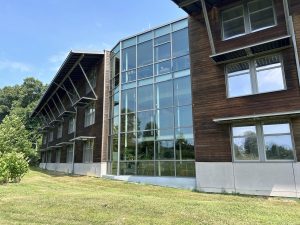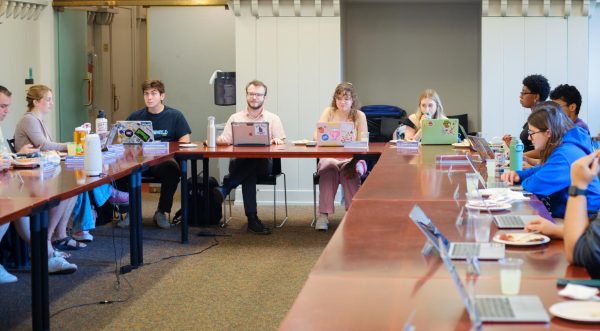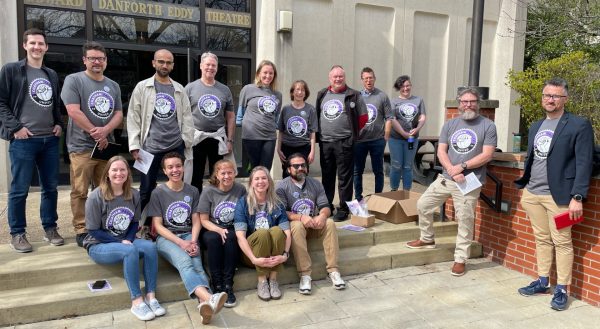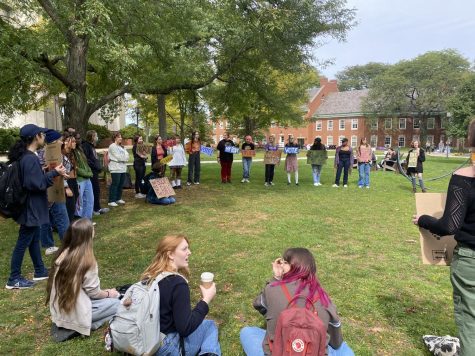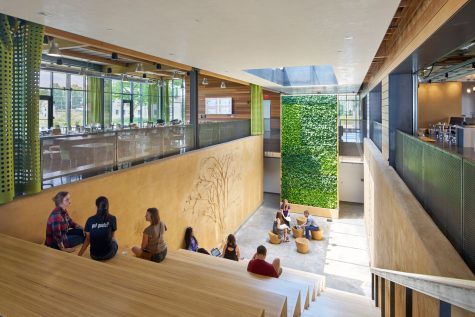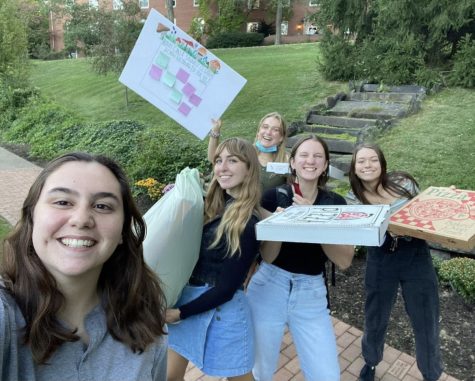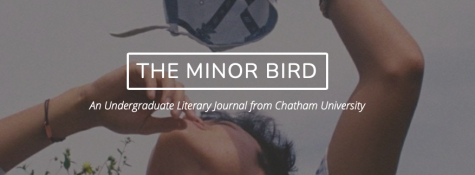Guest Voices: The Democratic Socialist perspective
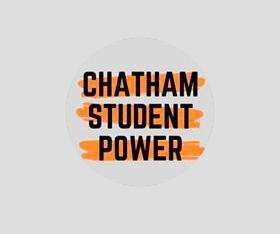
October 28, 2020
By Zoe Levine and Morgan Williams of Chatham Student Power
Chatham University students share the issues that are important to them ahead of the 2020 presidential election.
The most encompassing and effective means to create the social and political change that will benefit the most people in the United States is through socialism — not through solely two-party politics.
We identify as socialists, more specifically democratic socialists. It’s deemed a dirty word — socialism — with a connotation that alludes to dystopian regimes, or contrarily, utopian futures disregarded as fairy tales. However, in reality, socialism is far less sinister and complex than we are made to believe.
Simply put, democratic socialism is the belief that both the economy and society should be run democratically — to meet public needs and not to make profits for a few. That definition comes directly from Democratic Socialists of America (DSA). Capitalism in the United States has inflamed and maintained social problems including, but not limited to, racism, sexism and xenophobia.
Within the last few decades, it’s grown alarmingly clear that this unchecked capitalism has created a new and dire problem that will only exacerbate other social problems: the climate crisis. Also from DSA, “Democratic socialists do not want to create an all-powerful government bureaucracy. But we do not want big corporate bureaucracies to control our society either. Rather, we believe that social and economic decisions should be made by those whom they most affect.”
Bernie Sanders, the first big name during our lifetimes who proudly claimed support for democratic socialism, put it like this: “…we should not be providing welfare for corporations, huge tax breaks for the very rich or trade policies which boost corporate profits as workers lose their jobs. It [democratic socialism] means that we create a government that works for all of us, not just powerful special interests.”
Socialism is not the antithesis of democracy, but rather the best of both worlds. This is already seen in the United States where several social programs already exist, such as the USPS, social security, libraries and even the military. These programs are funded by taxes and benefit the American people.
Socialism and socialist policy work successfully in multiple countries around the world (look at the Nordic states, Vietnam, and even Canada). These countries reportedly have higher happiness indexes among their populations than the U.S., have dealt very well with the COVID-19 pandemic and offer free and accessible health care. In a country as “great” as the United States of America, it is appalling that we do not offer the programs and benefits that other nations have been thriving under for decades.
We both have different lived experiences that brought us to this political belief system.
Reflections from Zoe Levine
Since I am Jewish and grew up Jewish, my identity was molded by an understanding of how we are all part of a community and need to look after one another. Having seen firsthand the benefits of labor unions and organizing from my father only solidified to me the importance of caring for one another and helping those who are different from us. America is so individualistic and maintaining the status quo only helps those in power. By implementing socialist policies, we help those most vulnerable in this system to get the same opportunities as those who hold more privilege. What is stopping you from caring about others? Is it that you are worried about losing the power you do hold?
Reflections from Morgan Williams
I’ve been involved in various modes of activism since I was a young teenager. My first taste of organizing was surrounding reproductive justice for organizations like Planned Parenthood. I canvassed for Sanders in the 2016 election, years before I was even eligible to vote because his campaign was the first that had ever seemed genuine to me. It was during this time that I gained an incredible respect for the power of mobilizing individuals at the grassroots level. I called myself a liberal for many years before growing increasingly frustrated with the Democratic establishment. As I grew older, met more organizers and saw the same walls being hit over and over again for different causes, I realized that true change must occur on a foundational level. We can keep doing our best to reform issues within our current political system, but those issues will be recycled and reproduced until we grasp at the roots.
Final thoughts
It’s important to say that socialists often still want democracy. Some of our values align with the current American Democratic party. But we see Democrats who are unwilling to go further Left; they often fail to support popular ideas that most Americans do support (such as the Green New Deal and Medicare For All). We believe there needs to be a large change to our current political system in order to break the pattern that American politics has fallen into.
Overall, socialists believe that putting profit before people, which occurs in both the Democratic and Republican parties, will not further our society in a healthy and beneficial way.
In an interview in 1997, activist, philosopher, author and academic Angela Davis said “I think the importance of doing activist work is precisely because it allows you to give back and to consider yourself not as a single individual who may have achieved whatever but to be a part of an ongoing historical movement.” To us, this accurately describes our motivations in Chatham Student Power, as well as our politics beyond.
Socialism is important now more than ever because we don’t have time for the snail’s race that Republicans and Democrats play. Our planet is dying, racial injustice is increasingly prevalent as capitalism and state violence work hand and hand and working-class people in this country are suffering to make ends meet every day as billionaires like Amazon’s owner Jeff Bezos profit $71 billion (and counting) during a pandemic.
Zoe Levine is a senior at Chatham University double majoring in history and political science, with a double minor of French and theatre. She’s also working on receiving the international studies certificate with a European concentration. She is co-president of Chatham Student Power, as well as artistic director for Chatham Drama Club. This semester, Zoe is also participating in Repair the World’s Serve the Moment Pittsburgh Corps, where she focuses on tackling social justice issues in the City of Pittsburgh.
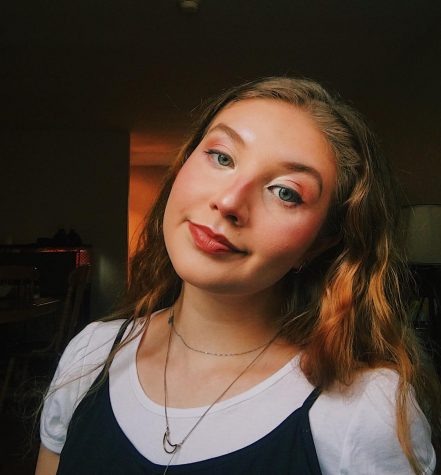
Morgan “Moe” Williams is a junior at Chatham University double majoring in creative writing and women’s and gender studies. She is also pursuing an international certificate with a European concentration. Moe is the other co-president for Chatham Student Power and the social media coordinator for Creative Writing Club.

Chatham Student Power is an activist organization motivated to bring both awareness to students and mobilize action surrounding social justice issues. We do this by taking actions that advocate for change on campus, in Pittsburgh and beyond.





